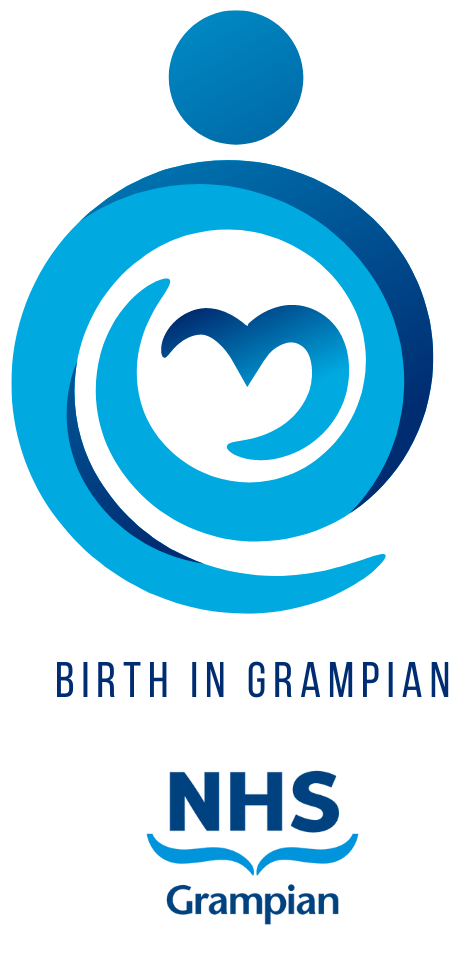Contents
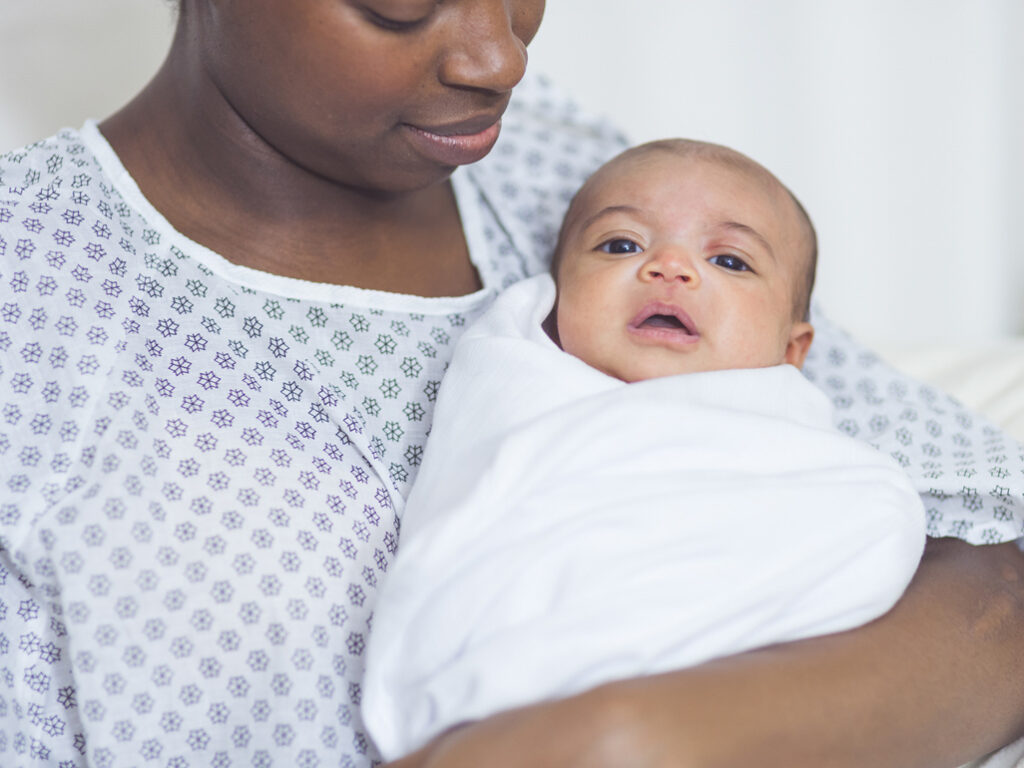
Everyone’s recovery will be slightly different following a caesarean section. You might find you recover relatively quickly from a caesarean birth, or you might take longer to heal. You may also find the recovery emotional as you process what has happened. It is important to take care of yourself both physically and emotionally following a caesarean section and take the time needed to rest and recover.
In Grampian we are part of a Scottish wide group implementing a programme called Enhanced Recovery for Obstetric Surgery in Scotland (EROSS). The aim of the EROSS Programme is to get you back to ‘you’ as quickly as possible after your caesarean section, and we encourage you to play an active part. Research has shown that knowing what to expect improves recovery and your overall experience. Research has also shown that after surgery, the sooner you move about and the earlier you are eating and drinking, the speedier your recovery will be. You are also less likely to develop complications.
There are four elements to the Enhanced Recovery approach:
- Planning and preparation before coming to hospital
- Reducing the physical stress of the operation
- A standardised bundle of care after caesarean section
- Moving about as soon as possible
You can find out more about these four elements by downloading the below information leaflet.
Wound care
You will have a dressing put on your wound in hospital, which will usually remain on for 5-7 days. Your wound will take about six weeks to heal. You will have a scar but this will fade over time.
It is important that you:
- Shower, not bathe, on the first day after your caesarean
- Gently clean and dry the wound every day (once the dressing has been removed)
- Wear loose, comfortable clothes and cotton underwear
- Take regular painkillers if the wound is sore – for most women it’s better to take paracetamol or ibuprofen (but not aspirin) while you’re breastfeeding
- Watch out for signs of infection – please contact your midwife straight away if you have any signs of infection. These may include: a high temperature, you feel generally unwell – for example, an upset stomach, your wound becomes red, swollen, painful or has a discharge.
A week or so after the operation your wound might start to itch. This is normal and is a sign the wound is starting to heal. Eventually the wound will form a scar that will fade. Most women find their scar fades over time to a faint line barely visible and usually below their bikini line.
What to expect after the operation
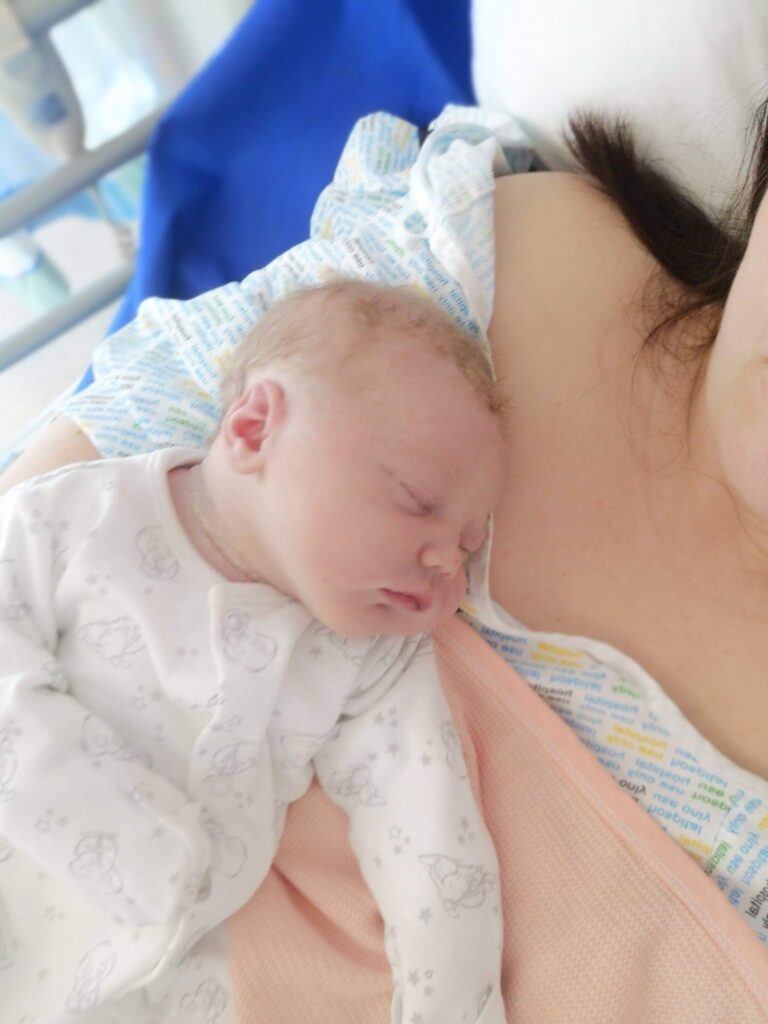
Moving around
You will be encouraged to start moving around after the birth of your baby. The staff will support and offer assistance with baby care, feeding and helping you move around. As soon as the feeling begins to return in your legs, move your feet and ankles regularly as this helps your circulation and helps reduce the risk of blood clots forming in the backs of your legs (known as a deep vein thrombosis DVT).
Please ask for assistance the first time you get out of bed so that a staff member can check your legs have fully recovered after your anaesthetic before your get up. Moving around and getting out of bed as soon as your legs have recovered helps reduce your risk of blood clots forming (DVT) and chest infections developing.
We expect that you will be able to get up and move about approximately 6-8 hours after the birth of your baby. The staff will encourage you to sit in your chair instead of the bed as it allows you to move more easily and care for your baby.
You will also be offered a supply of a blood-thinning drug to reduce your risk of blood clots. You will need to have the injections once a day for about 10 days after your caesarean section. If you have a higher risk of blood clots you may need to have the injections for up to six weeks. The staff will teach you how to give these injections to yourself before you go home. If you’re worried about doing the injections yourself you can ask your partner, a family member or friend to do it for you. But they’ll need to be available to give you the injection at the same time each day.
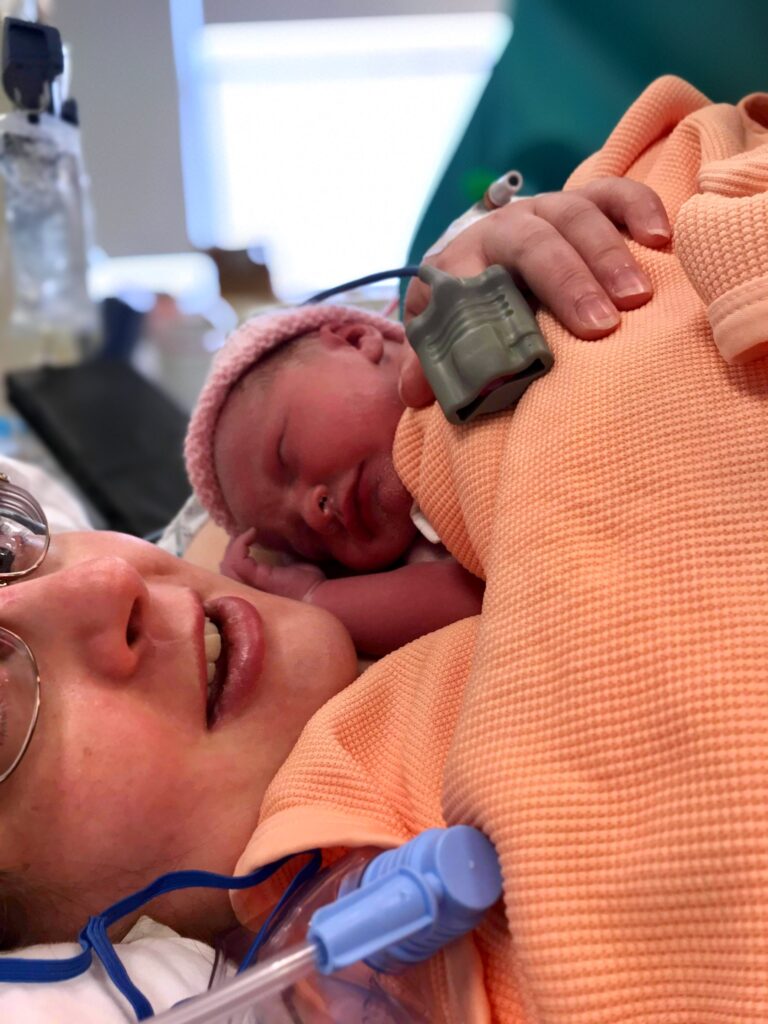
Eating and drinking
If all is well you will be encouraged to have a drink and eat a light snack, such as a cereal bar, banana, a sandwich or toast once you are out of theatre. Eating or drinking within the first hour of your recovery can be helpful to encourage your stomach function to return to normal.
Bladder care
You will have a thin, flexible tube called a catheter in your bladder to drain away urine. If all is well your catheter can be removed around 6 hours after your operation. It is important to stay hydrated to help aid bladder function to return to normal after your catheter is removed.
Pain relief
Following the birth it is important that you are comfortable enough to care for yourself and your baby. It is normal to experience some discomfort over your wound and tummy area. Everyone feels pain differently and will need different amounts of pain relief. Your doctor will prescribe you medication. The most commonly used pain relief tablets after a caesarean section are paracetamol and anti-inflammatory type medication. Morphine or ‘morphine-based’ painkillers are also available to help keep you comfortable.
Most of these tablets work better when they are taken regularly. All of these medications taken in the correct way are not harmful to your baby while breastfeeding. Please don’t let pain interfere with your recovery and caring for your baby and please speak to the staff on the ward if you require pain relief.
Physiotherapy advice
You can access this video in deaf sign and with with subtitles in a range of different languages by clicking here.
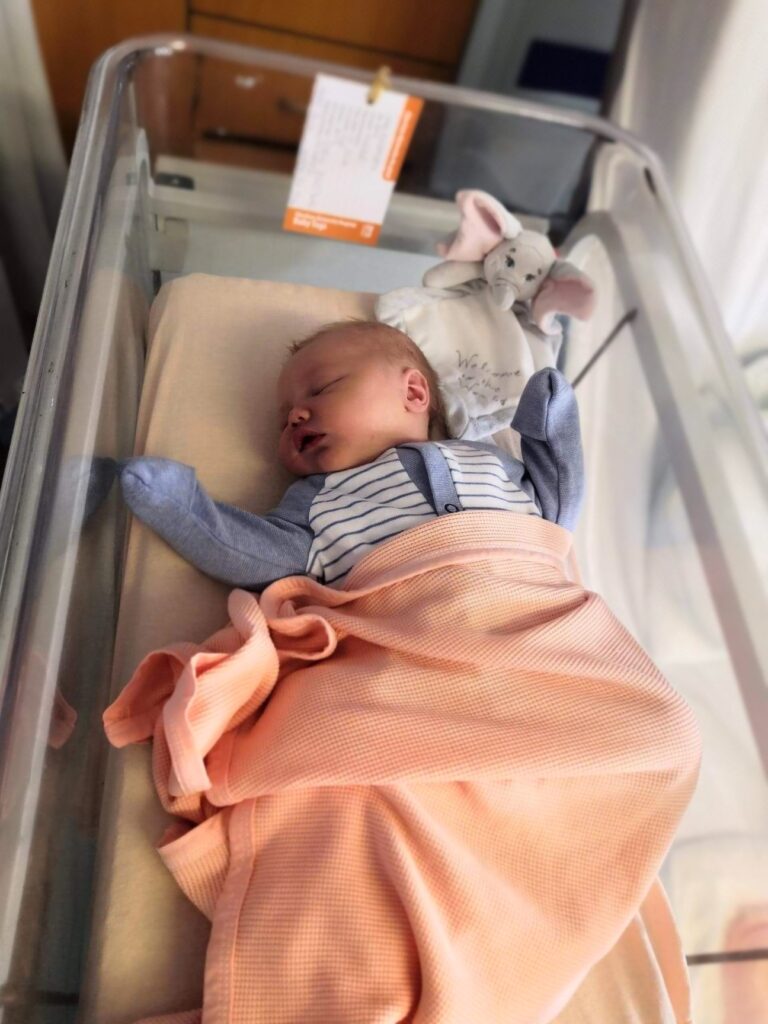
Going home
The EROSS programme has many benefits and will help you feel better, return to health and reduce the risk of complications, as well as preparing you and your family for leaving hospital when you are ready. If all is well with you and your baby you may wish to go home the day after your caesarean section where your recovery will continue and your community midwife will be there to support you.
You may be advised to stay a bit longer if you have had any complications with your labour or caesarean section. After the birth please speak to the midwives on the ward who will be able to discuss with you your individual circumstances and when you will be recommended to go home.
Further information
NHS Website: Caesarean section recovery
